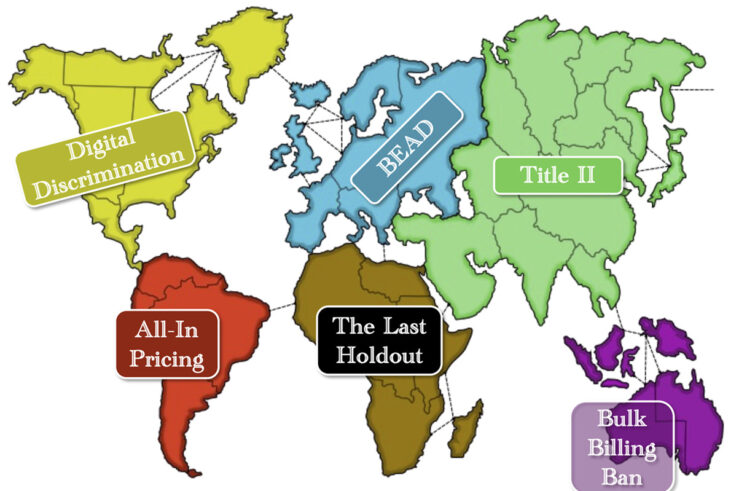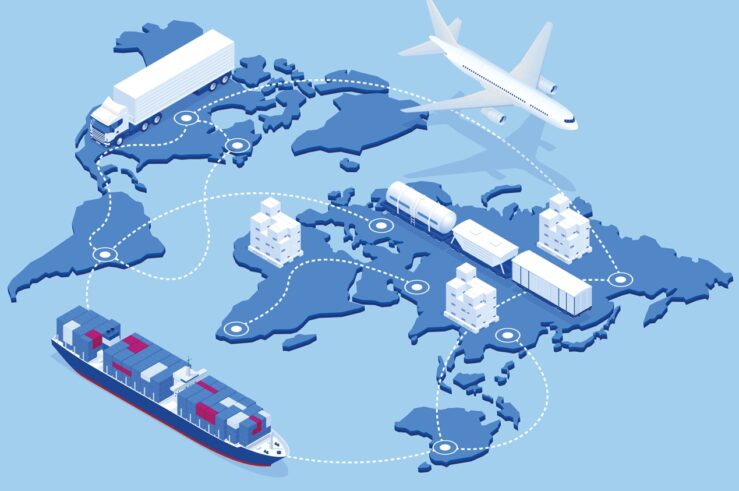Doing just about anything in the U.S. today involves seeing a lawyer. Congress, the states and administrative agencies have passed a vast network of laws spreading over all aspects of life — not just business transactions, but family relationships, personal finance, the workplace, birth and death. Lawyers are expensive. Good lawyers are very expensive. Want to change this? Go see a lawyer.
Benjamin Barton’s new book, The Lawyer-Judge Bias in the American Legal System, shows how things got this way, and it will open your eyes.
Here’s the basic problem, according to Barton, employing the tools of public choice and “new institutionalism:”
- Judges interpret and apply the law in our country as well as regulate lawyers.
- Judges, in turn, are lawyers, owe their jobs to lawyers, and see the world like lawyers.
- Legislators could do something about this, but lawyers are a potent interest group, and judges interpret the laws.
Here’s a taste of Barton’s exhaustive description of how lawyers benefit from this system:
- The first thing a criminal suspect is told when arrested is that he has a right to a lawyer. But the courts do little to ensure that this lawyer is actually effective. For misdemeanors, the courts have decided that having a lawyer is more important than having a jury.
- The courts have gone to great pains to protect lawyers’ image from being tarnished by lawyers who are reduced to soliciting business. No other profession gets the benefit of such anti-competitive rules.
- In most states all lawyers must belong to the official bar association, which makes lobbying easier for lawyers than for other professions.
- Bar regulations are enshrined in state law, thereby protecting them from antitrust laws.
- Lawyers’ independent advice is protected from regulation (Velasquez). Doctors don’t get similar protection (Rust).
- Courts have the ultimate power to regulate lawyers, and have protected this power from legislative intrusion by creative interpretation of state constitutions.
- This regulation goes to great pains to ensure “professionalism” but imposes only minimal standards of conduct.
- Courts have done little to discipline errant lawyers, leaving this to the bar associations, and thus to the lawyers themselves.
- Lawyer regulation ensures high entry barriers that raise costs, particularly for lower and middle class consumers, but have little effect on the quality of the service clients get (here’s my paper on this).
- Law school accreditation standards that are part of these entry barriers prevent the kind of innovation that occurs in the less regulated business school environment.
- Lawyers get special protection from coverage of federal bill collection laws and state consumer protection laws and are less exposed to malpractice liability than doctors.
- Strong confidentiality rules give lawyers a competitive edge against all other types of professionals (according to Barton, “if you have a problem that you need to discuss and you want your discussions to remain private in a later legal action, a lawyer is the advisor for you.”)
- Conflict of interest rules generate more work for lawyers than if everybody didn’t have to have their own lawyer.
- Enron prosecutors sent executives to jail and put Arthur Andersen out of business. Guess who got off?
- U.S. law is both complex and indeterminate, which increases lawyers’ work and is fun for judges. Judges and lawyers have a significant impact on legal complexity.
There are, to be sure, significant causation issues — that is, whether the public choice and institutional factors Barton describes, or other causes, account for all of this lawyer favoritism. But Barton has at least raised a prima facie case, in my view, that lawyers didn’t just happen to be the incidental beneficiaries of other forces in society.
Assuming Barton’s right, what’s to be done? Barton suggests one fix — non-lawyer judges. But he doesn’t explain why our lawyer-dominated system would allow this to happen.
But there’s another way. As Bruce Kobayashi and I have explained in our recently posted Law’s Information Revolution, a new legal information industry is emerging that seems likely to replace or change big chunks of what lawyers now do. This may significantly alter the political equilibrium Barton describes:
- It will create new interest groups, including some lawyers, who want to change the existing rules that lock traditional law practice in place. Legal Zoom and its lawyers are actively litigating against lawyer licensing rules that impede the rise of the legal information industry.
- The legal information industry will reduce information asymmetry and therefore the need for existing anti-competitive rules that favor traditional lawyers.
- The potential for lower-cost and higher-value legal information products will motivate consumers and others to lobby against legal barriers to these products.
Barton notes that there was a period in U.S. history — mid-19th century Jacksonian populism — in which the bar’s hegemony was interrupted. We could be seeing a resurgence of that sort of populism, and therefore maybe a political environment conducive to these changes.
Finally, all of this will have significant effects on law teaching. I’ll be discussing this on Friday at Iowa’s symposium on the Future of Legal Education, and posting my symposium paper soon after.




